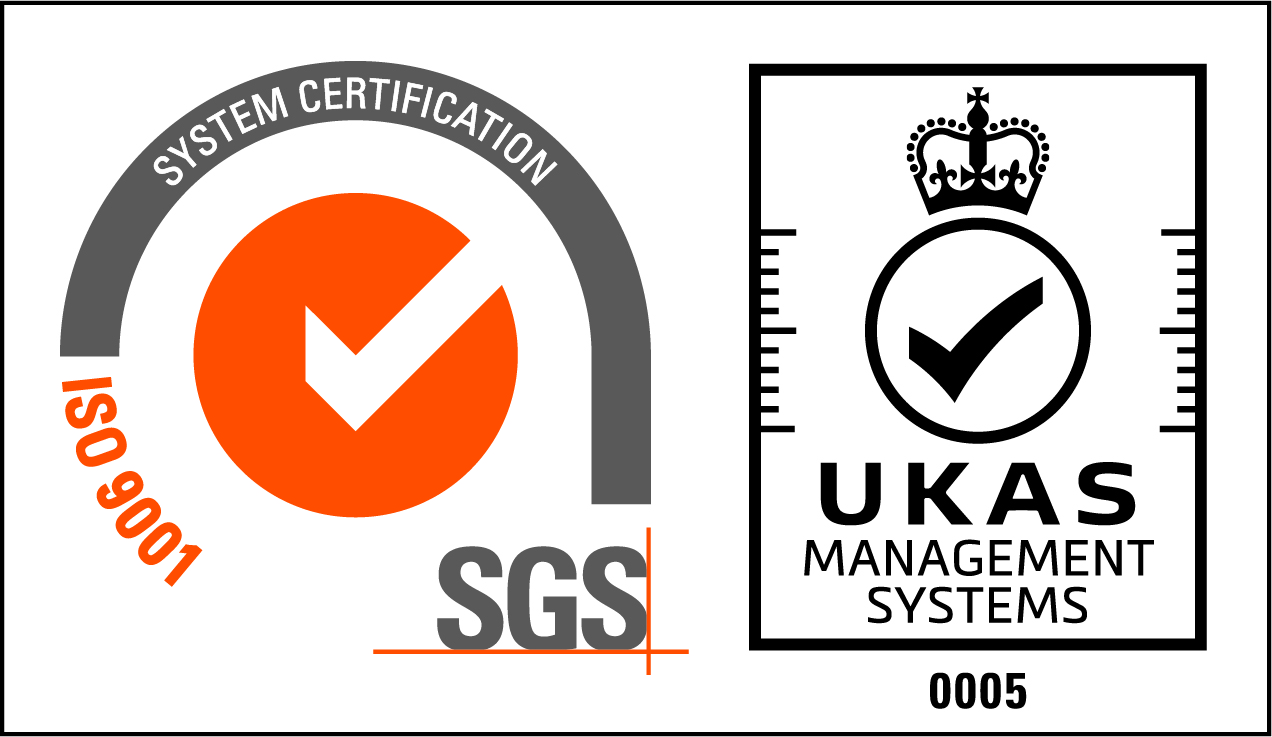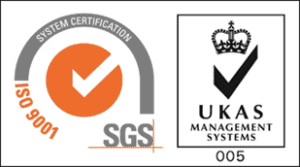Introduction
Importance of Internal Audits in ISO Systems
For over 30 years Quadra has been assisting clients to achieve and maintain certification to ISO standards. Our website details our experience and services.
Internal audits play a pivotal role in the management and continuous improvement of ISO-certified systems. These audits not only ensure compliance with international standards but also drive the organisation towards operational excellence. This article delves into the essence of internal audits within the ISO framework, emphasising auditor training, change management, risk management, and ISO standards. Plus, we offer key hints and tips for conducting successful audits. We also offer a number of in-person training courses to help your team achieve ISO goals.
ISO Systems
Understanding ISO Systems
ISO systems are standardised methods of managing processes within organisations to ensure quality, safety, efficiency, and customer satisfaction. These systems, governed by ISO standards, require rigorous maintenance and regular review to uphold their integrity and relevance. For further explanation on ISO standards visit our YouTube channel.
The Role of Internal Audits
Internal audits are critical for verifying that the management system is effectively implemented and maintained. They provide insights into areas needing improvement, thereby enhancing efficiency and ensuring compliance with ISO standards.
Key Components of Effective Internal Audits
ISO Standards
Adhering to relevant ISO standards is foundational to any successful audit. These standards provide the framework and criteria against which audits are conducted.
Auditor Training
Trained auditors are essential for effective audits. Their expertise in ISO standards, audit techniques, and understanding of the organisation’s processes ensures thorough and accurate assessments.
Change Management
Effective audits must consider organisational changes. Change management ensures that the ISO system evolves in alignment with these changes, maintaining its effectiveness.
Risk Management
Identifying and mitigating risks is crucial. Internal audits should focus on predicting potential issues and implementing preventative measures.
ISO Standards and Audit Success
The success of an internal audit lies in its adherence to ISO standards. These standards guide the audit process, ensuring a comprehensive and effective evaluation.
Auditor Training: Key to Competence
Auditor training equips individuals with the necessary skills and knowledge to conduct audits efficiently. This includes understanding ISO standards, mastering audit techniques, and familiarising themselves with the organisation’s unique context.
Change Management in the Audit Process
Incorporating change management into the audit process ensures that the ISO system remains relevant and effective, even as the organisation evolves.
Risk Management: Predicting and Preventing Issues
Effective risk management within the audit process helps in identifying potential issues before they become problematic, allowing for timely corrective actions.
Planning Your Internal Audit
Planning is crucial for a successful audit. This involves defining objectives, scope, and criteria, as well as selecting the audit team and scheduling the audit activities.
Conducting the Audit
Conducting the audit involves gathering and evaluating evidence against the defined criteria, identifying non-conformities, and suggesting improvements.
Post-Audit Activities
Post-audit activities include preparing and distributing the audit report, conducting follow-up actions, and monitoring the implementation of corrective actions.
Common Challenges in Internal Audits
Internal audits can face various challenges, from resistance within the organisation to limitations in auditor expertise. Overcoming these challenges requires effective communication, continuous training, and management support.
Key Hints and Tips for Good Audits
Successful audits are characterised by thorough preparation, clear communication, and effective follow-up. Ensuring the competence of the audit team and fostering a culture of continuous improvement are also vital.
The Future of ISO Audits
The future of ISO audits may see increased integration of technology, greater emphasis on sustainability and social responsibility, and evolving standards to meet new challenges.
Conclusion: Recap and Final Thoughts
Internal audits are indispensable for the maintenance and improvement of ISO systems. Through adherence to ISO standards, effective auditor training, efficient change and risk management, and by embracing best practices, organisations can realize the full benefits of their ISO system.
FAQs
What makes an internal audit successful?
Competent and trained auditors who are well prepared.
How often should internal audits be conducted?
The standards do not set a frequency but the normal rule of thumb is that the management system is audited at least once per year.
Can internal audits identify opportunities for improvement?
Yes – audits should not only be used to check but also to listen and to seek out opportunities for improvement.






